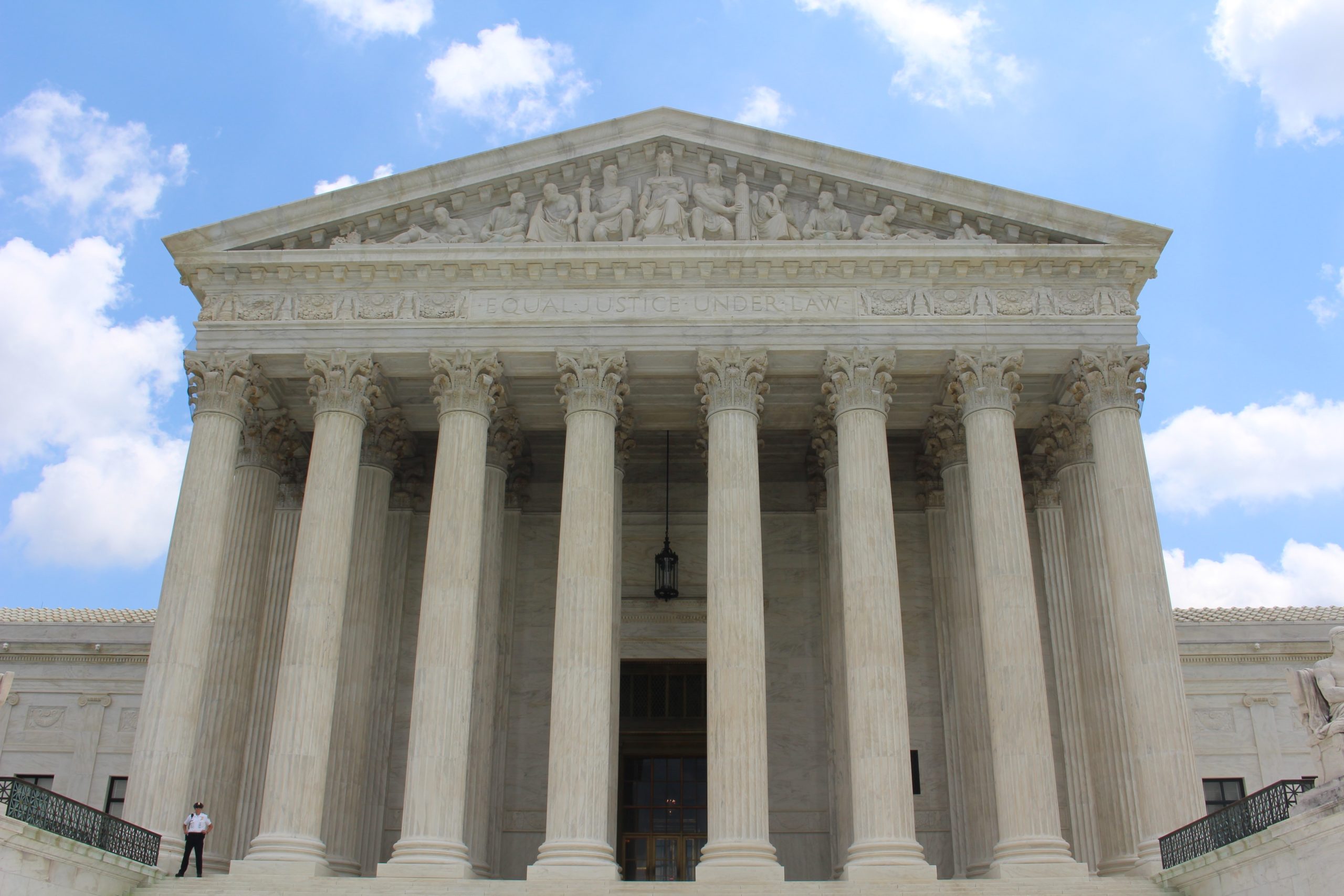
Resources
The Academy for Justice generates a wide range of research on criminal justice reform, which covers five main areas: Punishable Crimes, Policing, Pretrial & Trial, Punishment & Sentencing, and Prison, Release & Reentry.
Search
Filter by topic
Filter by theme
Filter by project
Filter by type
Tempe Police Use of Force Sentinel Event Review (SER)
The events of August 29, 2020 at the Hawthorne Suites Hotel unfolded quickly, and led to undesired outcomes that none of the participants intended.
Reforming Criminal Justice Volume 1: Introduction and Criminalization
Reforming Criminal Justice is a four-volume report meant to enlighten reform efforts in the United States with the research and analysis of leading academics. Broken down into individual chapters—each authored by a top scholar in the relevant field—the report covers dozens of topics within the areas of criminalization, policing, pretrial and trial processes, punishment, incarceration, and release.
Reducing Missing and Murdered Indigenous Women and Girls: Arizona’s Statewide Study in Partnership with the HB2570 Legislative Study Committee – November 2020
The United States is now waking up to the fact that Indigenous Peoples have been oppressed by the dominant (non-Indigenous) culture for centuries. This oppression continues today and has led to a national and international crisis involving missing and murdered Indigenous Peoples (MMIP).
Recommendations and Resources for Prosecutors Considering Non-Prosecution Policies for Drug Offenses
Non-prosecution practices and policies have long been informally part of the fabric of the American criminal justice system, and more formal programs created by prosecutors have proliferated in modern times with growing and justified concerns about mass incarceration and mass punishment.

Guiding Points and Pitfalls for Reducing Reliance on Cash Bail
The Academy for Justice recently had the opportunity to work with an incoming District Attorney to formulate two best practice guides seeking to identify next steps, as well as potential pitfalls to avoid, on two specific topics based on available research.
Reforming Criminal Justice Volume 2: Policing
Reforming Criminal Justice is a four-volume report meant to enlighten reform efforts in the United States with the research and analysis of leading academics. Broken down into individual chapters—each authored by a top scholar in the relevant field—the report covers dozens of topics within the areas of criminalization, policing, pretrial and trial processes, punishment, incarceration, and release. T
Reforming Criminal Justice Volume 3: Pretrial and Trial Processes
Reforming Criminal Justice is a four-volume report meant to enlighten reform efforts in the United States with the research and analysis of leading academics. Broken down into individual chapters—each authored by a top scholar in the relevant field—the report covers dozens of topics within the areas of criminalization, policing, pretrial and trial processes, punishment, incarceration, and release.
Reforming Criminal JusticeVolume 4: Punishment, Incarceration, and Release
Reforming Criminal Justice is a four-volume report meant to enlighten reform efforts in the United States with the research and analysis of leading academics. Broken down into individual chapters—each authored by a top scholar in the relevant field—the report covers dozens of topics within the areas of criminalization, policing, pretrial and trial processes, punishment, incarceration, and release.
Ensuring Marijuana Reform Is Effective Criminal Justice Reform
This essay discusses how Arizona should best advance marijuana legalization so that it can significantly improve Arizona’s criminal justice system. Now that Arizona has legalized marijuana via ballot initiative, we focus on steps that Arizona policymakers and advocates who are interested in improving the criminal justice system can take to ensure that legalization best advances this goal.
Arizona’s Sex Offender Laws: Recommendations for Reform
This article recommends ways to reform Arizona’s sex offender laws. It focuses first on laws designed to address the danger posed by convicted sex offenders: registration requirements, community notification, residence restrictions, and civil commitment.
Homelessness, Indignity, and the Promise of Mandatory Citations for Urban Camping
Custodial arrests for the crimes intrinsically connected to homelessness, such as urban camping, inflict needless indignity on Arizona’s homeless residents. Arizona has an estimated 10,000 individuals currently experiencing homelessness, nearly half of whom are unsheltered—living on the streets, in desert washes, in vehicles, or other places not meant for human habitation.
Reforming Sentencing Policies and Practices in Arizona
This article calls for sentencing reforms designed to slow the flow of people into prison, reduce both the number of persons now incarcerated and the lengths of sentences they are serving, and ameliorate unwarranted disparities in imprisonment.
Improving Criminal Justice Decisions
All government decisions matter. But few matter more than those involving the criminal justice system. These are not easy decisions. Nor do we expect public officials to always get them right. But given the high stakes and human consequences involved, we do have a legitimate expectation that these decisions will be made in the right way—that is, rationally, deliberately, and informed by expertise.
Safety, Crisis, and Criminal Law
This article argues that the overlapping crises of 2020 expose dysfunction in the way criminal law has defined and promoted safety. Simply put, reliance on detention and rigorous, though disproportionate policing and prosecution of minority communities has failed to promote safety in the face of a global pandemic and the killing of Black and Brown people by police.
Advancing Bail and Pretrial Justice Reform in Arizona
This article assesses Arizona’s pretrial justice reforms to date and suggests some ways to further improve pretrial justice, to remedy the fact that 78.5% of the people held in the state’s jails have not been convicted of the crimes for which they were arrested, but rather are awaiting trial.
Vulnerable and Valued: Protecting Youth from the Perils of Custodial Interrogation
This article advocates for judicial and legislative reforms that will ensure all youth are protected from the harms of coercive police interrogation. Drawing upon the substantial body of research on adolescent development and the growing body of research on racial bias and the experiences of youth of color, this article finds that current Arizona law leaves youth vulnerable to wrongful convictions and trauma caused by coercive interrogation practices.
Raising Arizona’s Commitment to Health and Safety: The Need for Independent Oversight of Arizona’s Prison System
Arizona’s correctional system has long been the subject of high-profile lawsuits, scandals, and other serious grievances that demand increased levels of transparency and accountability.
The Incentives of Private Prisons
A common criticism of private prisons is that they encourage the firms running them to cut services, programming, and training, since cutting costs maximizes profit, and the resulting increases in recidivism actually help keep prisons full and the payments coming in.